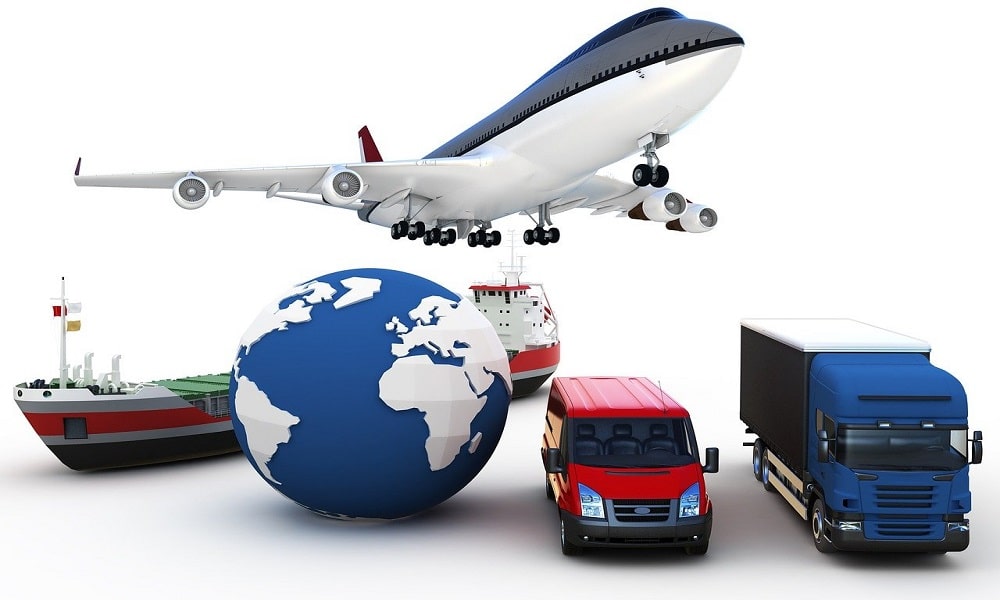The business of packing, moving, storing and distributing goods is as old as civilization itself. Amazingly, thousands of years later, it’s still a niche that’s experiencing rapid advances and growth, so much so that it can be difficult to keep up with everything.
Honing in on the present – namely the coming year – is a nice way to make it a bit more manageable. On that note, let’s take a look at how the logistics industry might evolve in 2025: from automation to sustainability, here’s what we can expect.
A focus on automation
Automation has been all the rage for what feels like years now, and for good reason. Things like automated loading solutions from providers such as Joloda Hydraroll make a huge difference, and despite sometimes substantial initial investments, can pay for themselves in just a few years.
It’s important to work with an automation expert with experience in your precise field, so that you can gain a better picture of what it is that you need. Take their advice seriously – no one else knows where you can experience positive advances quite like the people who have been designing and implementing these systems for years.
Adapting to global trade regulations
While it might feel like global trade regulations have been a mess since Brexit, we can potentially expect even more turmoil in 2025 and it can be a thing of worry. With everything from president-elect Donald Trump’s isolationist tariff policies to an economically struggling Europe, the logistics industry will potentially have a lot of shifting hurdles to navigate and many new kinds of challenges to contend with.
While these evolutions will primarily be bureaucratic, that doesn’t make them any less important to stay on top of. It’s crucial to keep one eye on advances and updates at all moments so that you can react ahead of time and plan accordingly. All of that will help you tide over any issues or challenges that you might face.
Sustainability
You might be sick of the concept by now, but sustainability will continue to play an increasingly important role in the world of logistics, and will drive its evolution as we enter into 2025. Not only is it a moral prerogative, but sustainability is increasingly becoming a necessity to stay in line with government regulations and consumer expectations. This is exactly why sustainability is a very important area of focus in order to run things smoothly.
This will likely mean a focus on more efficient vehicles that run on sustainable energy sources, more efficient storage and loading solutions, and a whole host of other surprisingly effective alterations. These measures might help greatly in the long term and hence shouldn’t be taken lightly at any cost.
Big data
Lastly, big data – driven by both increased access to datasets and increasingly capable AI-powered analytical tools – will help forward-thinking logistics providers adapt to chaotic landscapes. This is the future and if one does not keep up the times, there is a huge chance that they would get left behind. One just can’t afford to not take the role of AI seriously as we move forward rapidly into the future.
By harnessing the power of these dynamic, game-changing systems, it’s often possible to predict and react to everything from traffic issues to supply chain bottlenecks, in fact some of the factors mentioned above, might be the most important if one wants to keep growing and thriving in this line of business. It’s crucial that you recognize how specific the use cases of each system can be – not all systems will be equally beneficial of course and it might be important in varying degrees for each different company, and therefor it’s worth taking the time to identify the perfect option.
Once you have identified the perfection option, transitioning to those at the earliest, will make things a lot smoother and easier for you in the time to come. Also, all of the many extraneous factors that are on the horizon, won’t ideally affect things negatively or rock the boat much.
There is no denying the fact that staying up to date with the industry’s evolution is no mean feat and it might seem like a great challenge for some at first, also it would require some forward thinking and letting go of many old time practices and ideas that might have worked satisfactorily till recently, but in the bigger scheme of things it will only help your business stabilize and grow. By keeping one eye on the ball at all times, this should be very achievable in most cases and hence it’s very important to not be daunted by the whole process and keep working things the right way and moving forward.


